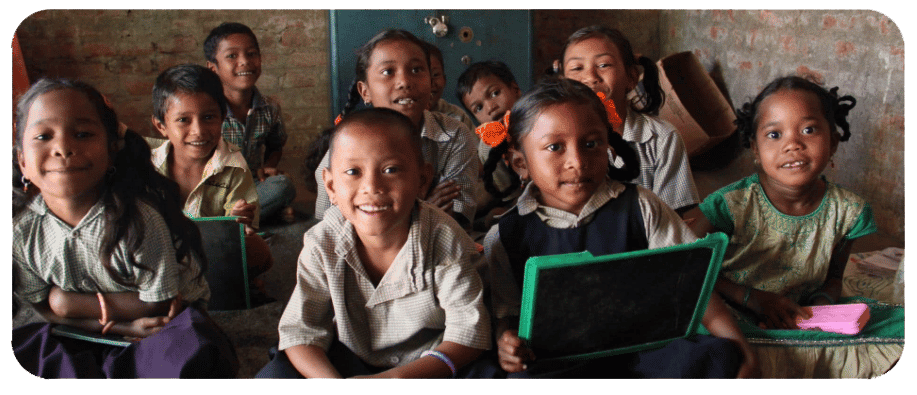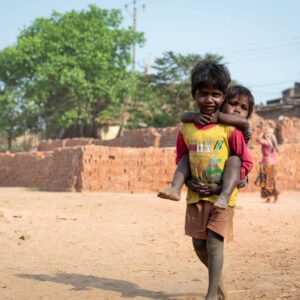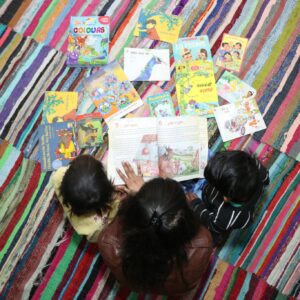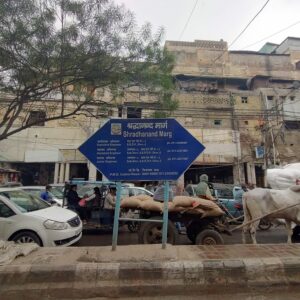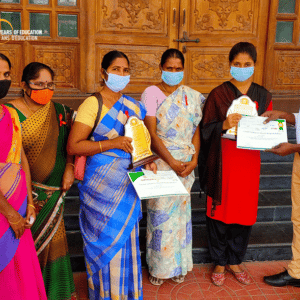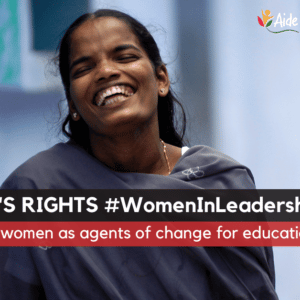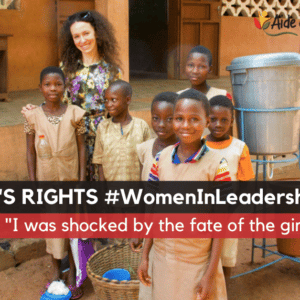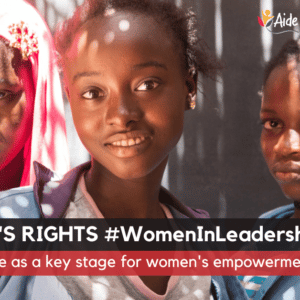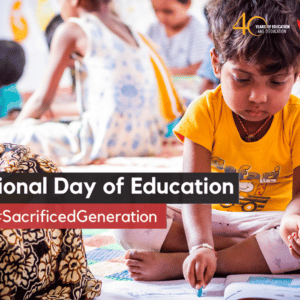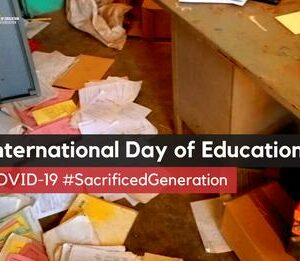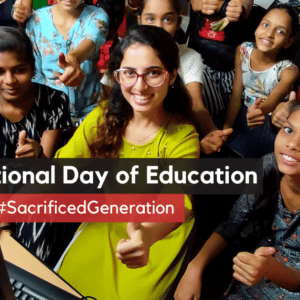In India, migrant workers are the hardest hit by the consequences of government-imposed lockdown to limit the spread of COVID-19. Following the closure of Indian interstate borders and the loss of their source of income overnight, the impact on their daily lives is considerable and devastating. Aide et Action adapts its intervention to alleviate this situation.
In India, almost 100 million people are considered seasonal migrant workers. Already exposed to particularly difficult living conditions in “normal” times, this population is all the more weakened by the crisis linked to COVID-19. The lokcdown imposed by the government prevents them from working and therefore deprives them of any source of income. Furthermore, the closing of the Indian interstate borders makes it impossible to return to their community of origin. Thus, they find themselves particularly isolated and destitute. Faced with this situation, Aide et Action is adapting its intervention by developing several strategies to stay in contact with these communities, with which we already work on a daily basis, and help them stay safe.
Professional training: a digital response
First, our skill training initiative, iLEAD, has turned digital. Resource teams have created several Whatsapp groups with students in order to share interactive assignments online and thus maintain their motivation and learning, despite the lockdown.
Whatsapp groups also help teams to learn about the living conditions of former students who are far from home. For example, based on information received regarding the non-payment or partial payment of their wages, Aide et Action was able to intervene by contacting the concerned employers. They were reminded of the obligation imposed by the Indian government to pay full wages to employees. Similarly, our teams also shared emergency service contacts for the benefit of former iLEAD students who needed them.
Migrants: advocacy work with the Indian authorities
The sudden closure of construction sites has forced thousands of migrants to leave their workplaces and head for their villages, hundreds of kilometers away, on foot, without transport and, often, hungry. In the urban areas where we are implementing our interventions, we have succeeded in convincing some brick kiln owners to provide shelter and a daily food ration to the migrant families still on site until the period containment is lifted. In addition, we were able to advocate with Indian state governments to include migrant families in their assistance program and support them by providing them with a food aid kit.
Migrants: awareness-raising work on the prevention of COVID-19
In addition, our volunteers made families aware of health measures such as maintaining social isolation or respecting basic hygiene practices. In rural areas, especially in 3 districts – Balangir, Bargarh and Nuapada, in Odisha, we have created virtual community volunteer network. This group, made up of 225 volunteers from 175 villages, monitors the health of repatriated migrants and supports the government in setting up quarantine facilities. The objective of these structures is to provide psychosocial counseling to reduce stress and anxiety related to the pandemic, monitor the health of children and make COVID-19 better known to communities. In addition, 521 migrants families received food rations from the administrations of the districts concerned. In Hyderabad, on all the construction sites where Aide et Action is involved, around 4,000 migrants, including children, are receiving ready meals through an initiative developed by the government of Telangana. This virtual community network will soon be replicated in all of our intervention areas with migrants in India.

Monitoring nutritional and health needs through our educational projects
Regarding the Aide et Action projects initially dedicated to access to education, our teams undertook mapping exercises to identify the various emergency services dedicated to nutrition and health. The contact details of the agents concerned are prepared and shared with our volunteers who, in turn, help the communities when necessary. We also collected dry food rations, provided by the government and other organizations, and distributed them to vulnerable families. Mothers committees, already implemented by Aide et Action before the crisis, are now focused on the need to ensure the hygiene of their family members in order to limit the spread of COVID-19. Children were also trained in hygiene practices and the need to distance themselves from society.

Anti COVID-19 material support for the most vulnerable
In Salem, where we work with young girls living with HIV / AIDS, we have created an information database gathering the key people to contact in case of need. Our volunteers try to get masks for all the girls and their families who are, in fact, at increased risk of contracting the virus due to their immune status.
In Trichy, where we work with girl children of manual scavengers, we have made sure that the little ones are all looked after by community elders while their parents are working. The volunteers, who live in the neighborhood, closely monitor the health and safety of the little girls and make them aware of social distancing and hygiene.
In Delhi, as part of our Pahal project, we provided food support to 125 families of sex workers.
Finally, in Assam, we are working closely with the national disaster assessment office to educate the community on preventing the spread of Coronavirus. We are part of a committee working on the development of equipment prescribed by the World Health Organization (WHO).


